
The president’s admission comes as he and his Republican allies continue to claim that President Joe Biden was unaware of his own pardon process.
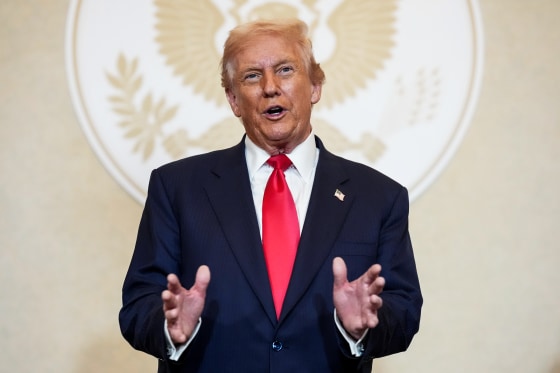
“I know nothing about the guy,” Trump said on “60 Minutes” when asked about his pardon of Changpeng Zeng
WASHINGTON — President Donald Trump on Sunday said he did not know anything about Changpeng Zhao, the billionaire crypto exchange founder with close ties to the Trump family’s own crypto empire — despite the fact that he he pardoned him last month.
“I don’t know who he is,” Trump said when asked on CBS’s “60 Minutes” why he pardoned him.
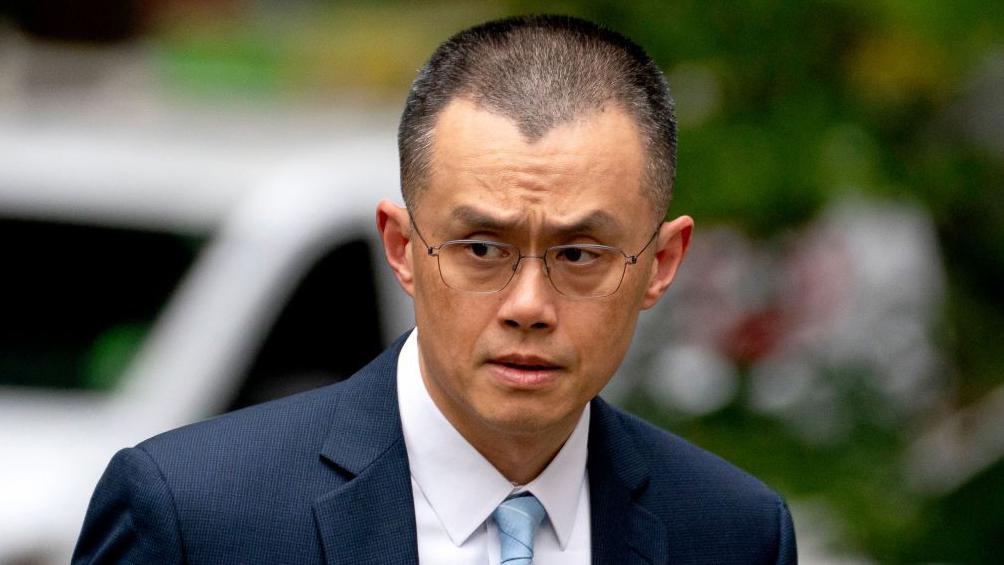
“I can only tell you this. My sons are into it,” Trump added. “I’m glad they are, because it’s probably a great industry, crypto. I think it’s good.”
“I know nothing about the guy,” Trump said again when pressed.
He claimed that Zhao, also known as “CZ,” was the victim of the “weaponization” of the Justice Department, without providing further details. At the time of the guilty plea deal, federal prosecutors said Zhao caused “significant harm to US national security.”
Trump’s acknowledgement that he knows very little about one of his own pardon recipients comes as the president and his Republican allies continue to attack former President Joe Biden, claiming that he wasn’t aware of many of his official acts as president — including pardons — because his staff used an autopen signature.
“I guarantee you he knew nothing about what he was signing, I guarantee you,” Trump said in July.
The Republican-led House Oversight Committee last month called some of Biden’s executive actions, including pardons, “illegitimate.” On his way out of office, Biden issued a number of pre-emptive pardons for prominent Democrats and his own family members.
Biden has called the Republican allegations “ridiculous and false.” Past presidents, including Trump, have, at times, used an autopen signature; Trump has maintained that it wasn’t for anything important.
The White House did not return a request for comment.
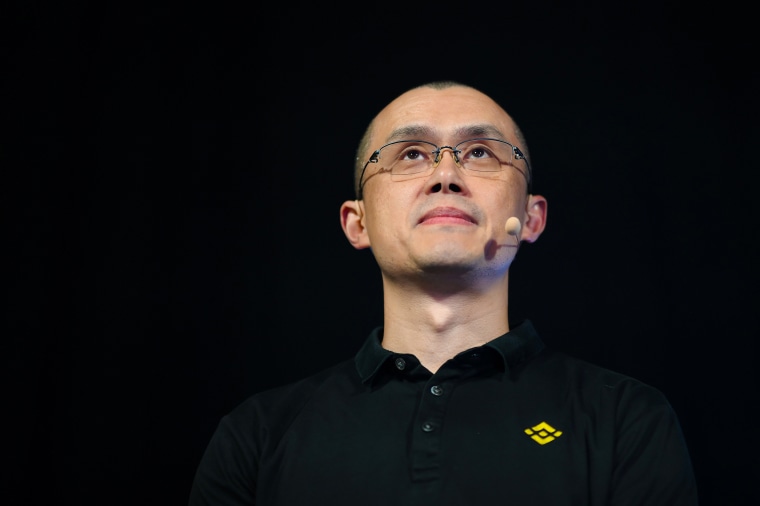
Zhao, who founded the Binance crypto exchange, was sentenced to four months in prison as part of a 2023 deal with the Justice Department that required he plead guilty to helping enable money laundering at his exchange, which also has a business relationship with World Liberty Financial. That firm was co-founded by the president’s sons Eric and Donald Trump Jr., and has administered many of crypto projects tied to the president’s family.
As part of the deal, Binance was ordered to pay $4 billion in fines, while Zhao personally paid $50 million in fines and issued an apology. He continues to hold a major stake in the exchange.
World Liberty Financial’s main crypto coin runs on an exchange that Binance administers, The Wall Street Journal has previously reported.
Trump was asked during the “60 Minutes” interview about the potential conflict of interest of him pardoning someone in a direct business relationship with his family. He responded he knew nothing about the issue.

“Well, here’s the thing, I know nothing about it because I’m too busy doing the other—” Trump responded, before being interrupted and pressed further.
White House tightens the clemency process as Trump resumes pardons
People familiar with pardon discussions told NBC News that top White House officials became concerned about attempts from outsiders to profit from the clemency process.
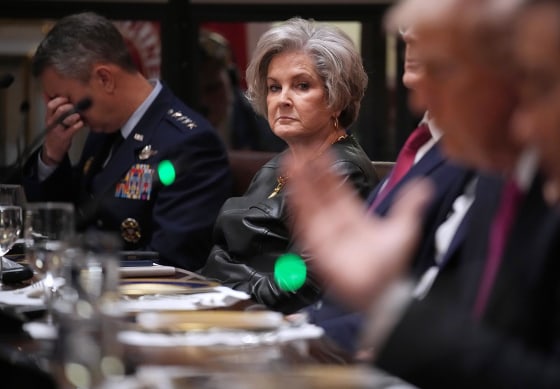
White House Chief of Staff Susie Wiles plays a key role in the Trump pardon process.
WASHINGTON — As soon as Donald Trump took office for his second term, he began using his clemency power at a steady clip. It started with the pardons of the roughly 1,500 criminal defendants charged in the Jan. 6, 2021, attack on the U.S. Capitol, and continued each month, with more pardons or commutations.
At the end of May, he had issued 73 clemency actions, not including all the Jan. 6 defendants. Trump once called the power to pardon “a beautiful thing.”
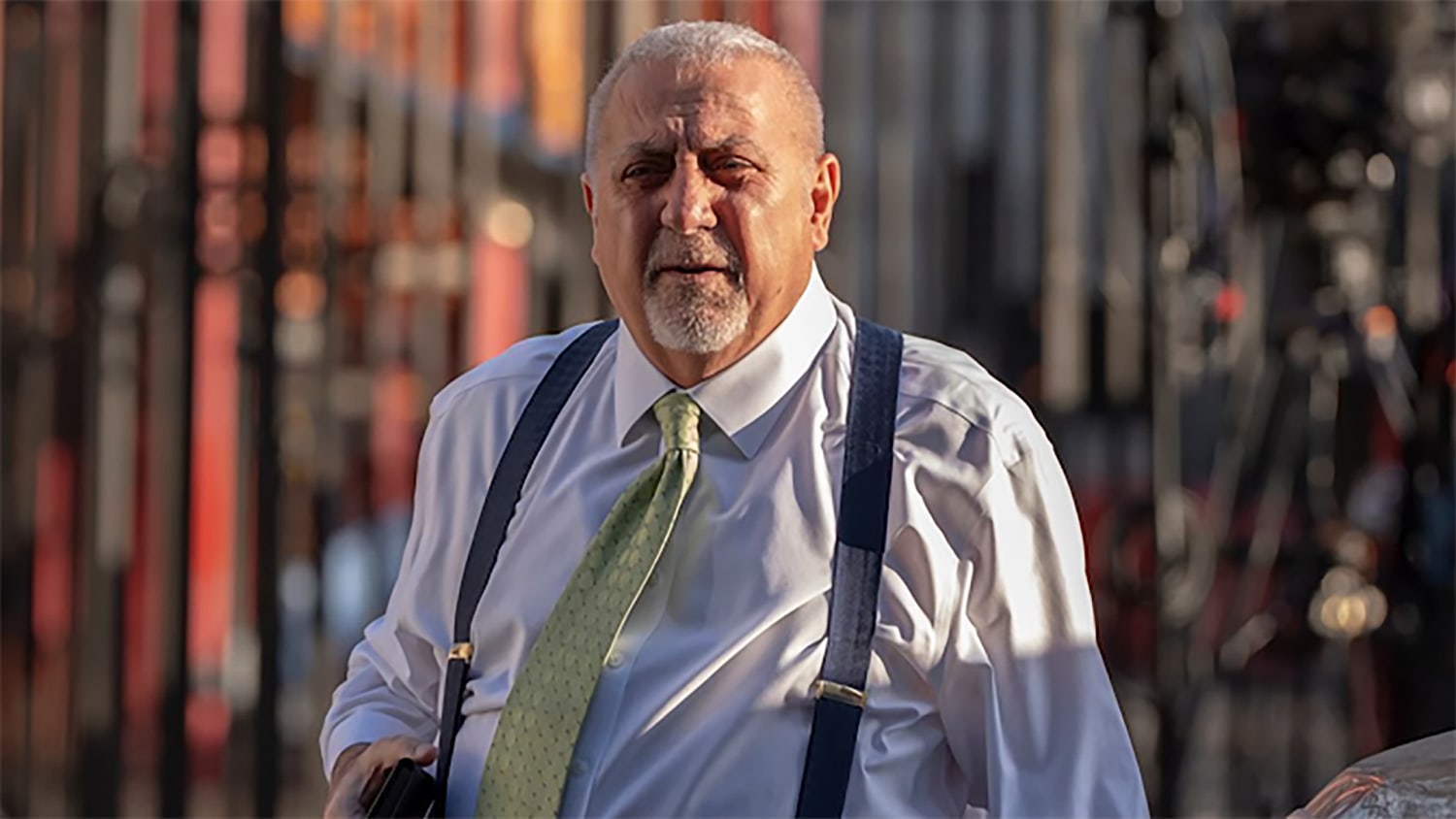
“You got to get it right,” he told reporters during his first term.
But after May, the pardons stopped.
Four people familiar with discussions around pardons told NBC News that top White House officials became concerned about attempts from outsiders to profit from the clemency process, and two of those people said the White House paused on Trump issuing pardons in order to get more control over matters. These people, like others in this story, were granted anonymity to speak candidly. Another factor has been the president’s crowded agenda, which included foreign and domestic priorities, one of those people said.
Two senior White House officials said chief of staff Susie Wiles, who has played a central role in reviewing pardons, became more outspoken after reports emerged that lobbyists and consultants were advertising themselves as offering access to Trump’s pardon authority for steep prices.
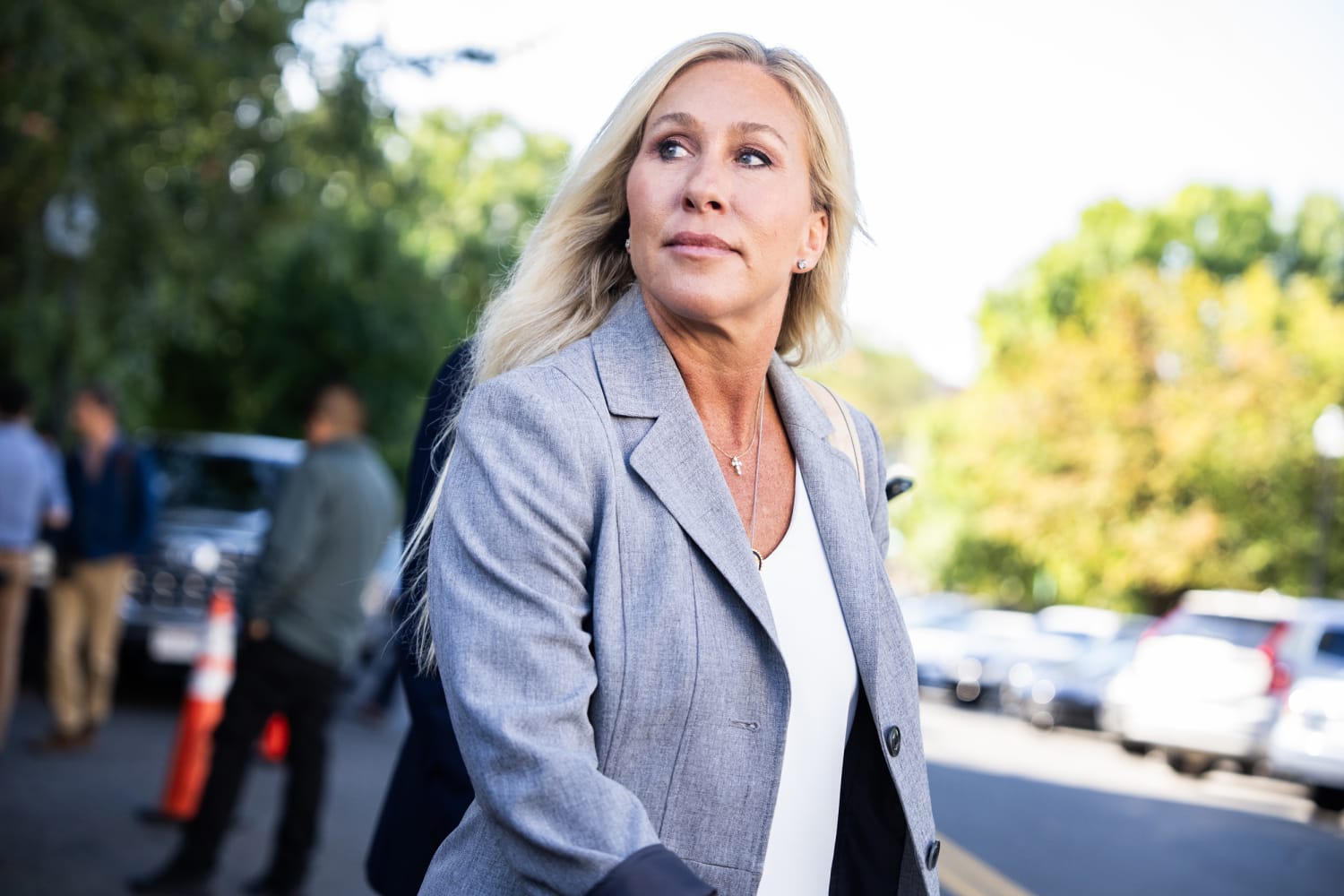
Those officials said Wiles pushed back hard against these efforts and tightened the process to distance it from those attempting to broker influences. While it’s legal to engage lobbyists on these issues, Wiles didn’t like the look. That meant making clear to those on the outside that she would not tolerate people trying to profit from the clemency process, one of the senior White House officials said.
“Chief of staff Wiles does not mess around, especially when it comes to outsiders wrongly tossing around proximity to the president to gain fortune and favor,” this person said.
Urgency grew after Bloomberg reported in August that two intermediaries seeking to cash in on a burgeoning pardon economy were floating a plan to Roger Ver, a man known as Bitcoin Jesus for his early crypto evangelism, to secure a presidential pardon for him in exchange for $30 million. The White House denied any knowledge of the plan to Bloomberg.
The report set off alarms inside the White House, the two White House officials and two others familiar with the discussions told NBC News. Last week, Ver reached a deferred prosecution agreement to resolve the federal tax charges brought against him. He has not yet been granted a pardon.
In late May, NBC News also reported that some lobbyists had received proposals as high as $5 million to press cases before the president. More recently, an associate of former Sen. Bob Menendez, who is accused of bribing the senator with gold bars, paid $1 million to a Washington lobbyist with ties to Trump to help secure clemency, three sources told NBC New York. Lobbying disclosure filings described the payment as for “executive relief.”
Clemency actions picked up again this month.
Last week, Trump commuted the seven-year prison sentence of former New York Rep. George Santos, with the timing of the move surprising even some close allies. Trump granted another pardon this week, for Changpeng Zhao, the founder and former CEO of crypto currency exchange Binance, who had previously pleaded guilty to enabling money laundering. Binance has ties to World Liberty Financial, which has administered many of the Trump family’s crypto projects.
A pardon was not certain; Zhao’s lawyers had received conflicting signals, at times believing it would happen and other times not, a person familiar with the discussions said. In confirming Zhao’s pardon, which was first reported by The Wall Street Journal, White House press secretary Karoline Leavitt said Zhao had been unfairly prosecuted by then-President Joe Biden’s administration, declaring that “[t]he Biden Administration’s war on crypto is over.”
The Zhao pardon came after Trump met with Wiles and White House Counsel David Warrington on Monday again to review a new slate of candidates. The senior White House official said more people are poised for relief once the president has an opportunity to sign them.
A person familiar with the discussions said that now, Wiles “is at least controlling the timing” of pardons.
Others seeking relief from the president include Pras Michel, a member of the Fugees who was convicted in 2023 in a foreign lobbying and campaign finance case, according to one of the people familiar with the discussions. This person said they believe Michel is likely to receive a pardon once the president’s signings pick back up again.
According to the two senior White House officials, clemency requests are received and reviewed by the White House counsel’s office, with Warrington briefing Wiles before the two meet with Trump to present a slate of candidates for the president’s consideration. Alice Johnson, who became a prominent advocate for criminal justice reform after Trump commuted her life sentence during his first term and now serves as the president’s “pardon czar,” advises the process, focusing on drug-related cases, among others, one of the officials said. The Justice Department also sends pardon requests to the White House counsel.
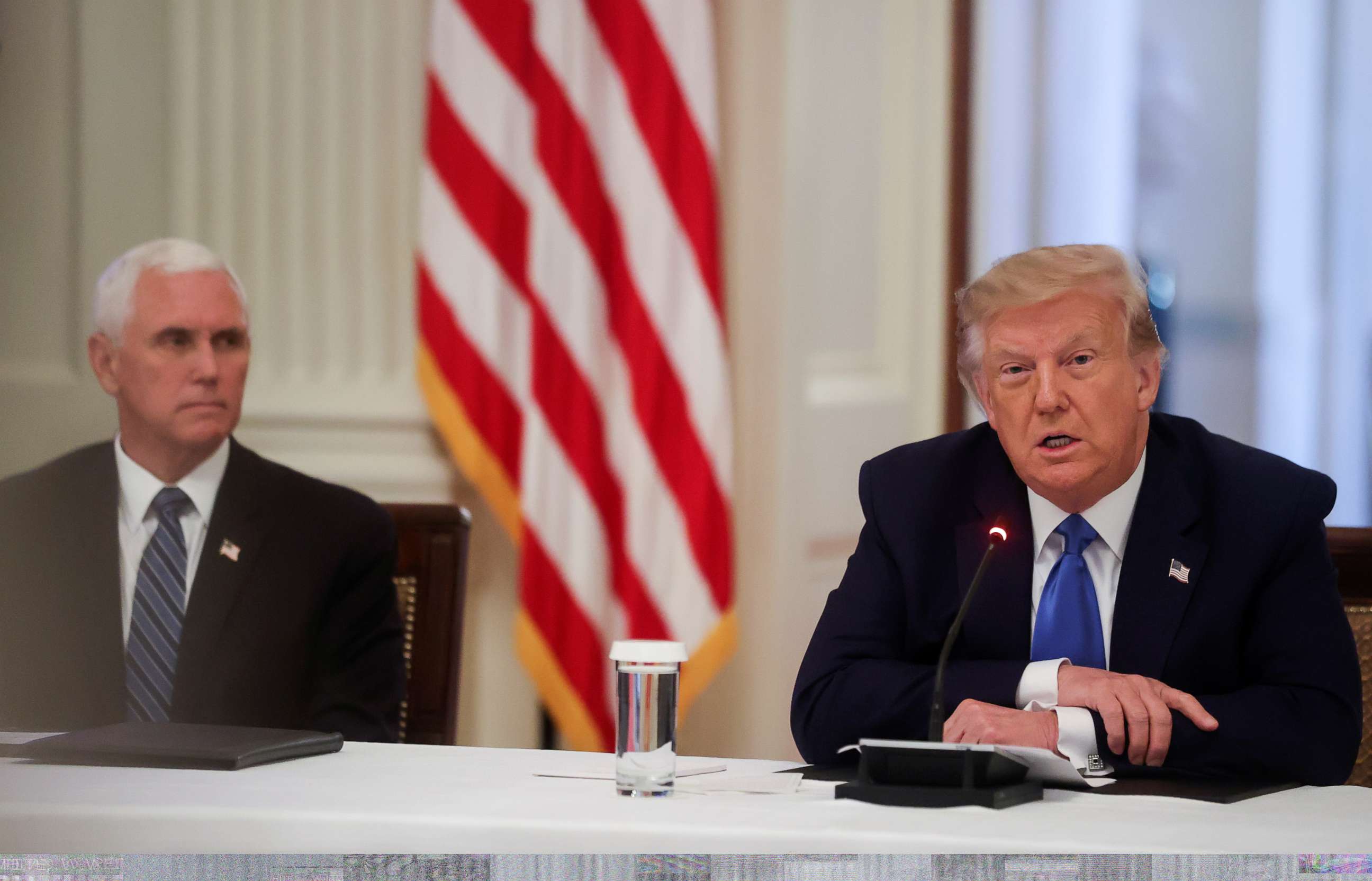
Trump’s pardons have faced plenty of criticism, including, at times, from his own allies.
Santos was released from prison this week after serving just months into his seven-year sentence. Last year, he pleaded guilty to charges of committing wire fraud and aggravated identity theft. His short time in political life was plagued by accusations of campaign finance violations and lying about his qualifications. Republican lawmakers who voted to expel Santos from Congress spoke out after Trump commuted Santos’ sentence.
“The President has the discretion to commute sentences for people convicted of federal crimes. In this case, Santos willingly pled guilty to these crimes and then complained about having to serve his sentence,” Rep. Andrew Garbarino, R-N.Y., said. “The victims of his crimes still have not been made whole, including the people he stole from and the voters he defrauded. He has shown no remorse. The less than three months that he spent in prison is not justice.”









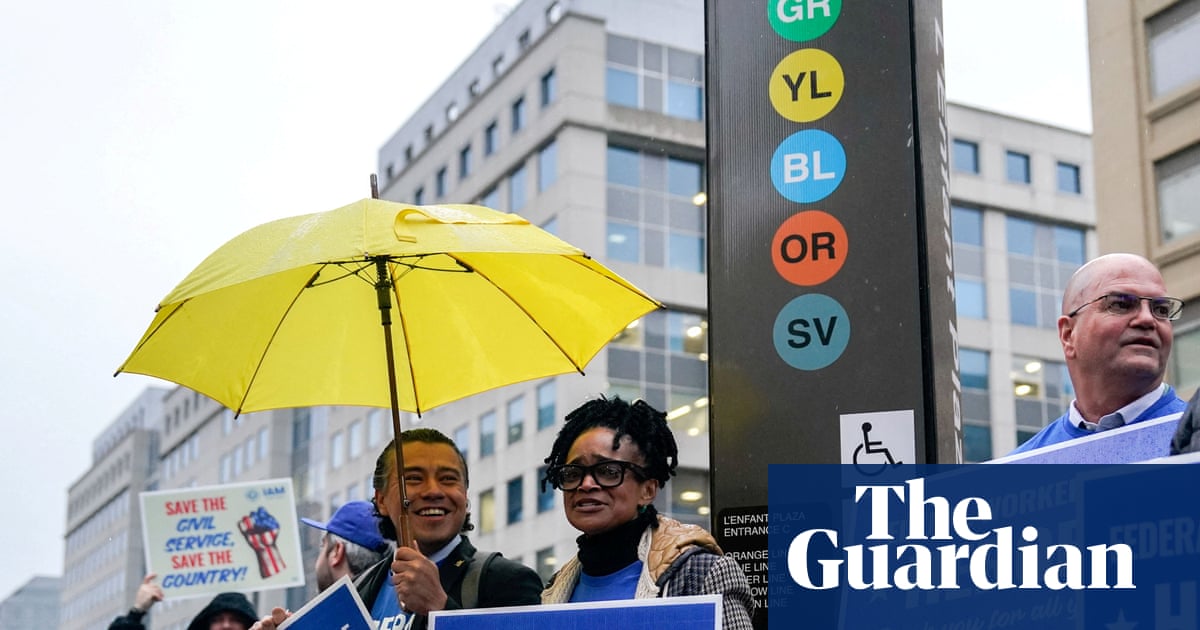








:max_bytes(150000):strip_icc():focal(749x0:751x2):format(webp)/donald-trump-jimmy-carter-tout-100224-c6ec10ab9813473a8c708bf8844ae287.jpg?w=1200&resize=1200,0&ssl=1)















:max_bytes(150000):strip_icc():focal(999x0:1001x2)/catherine-ohara-013026-7-4b5b413a646d4f15a1fd15ac8b933811.jpg?w=1200&resize=1200,0&ssl=1)








